Don’t Bark at My Dog
A Discussion on the Issues that Surround Large Pets in Korea
In Korea, pedestrians often misjudge dogs and perceive them as agressive regardless of size.
March 6, 2023
The next time someone screams at my dog just because he stared at them, I’m gonna throw a fit. When you walk a middle-to-large-sized pooch in Korea, people glare at you as if you’re holding a ticking time bomb. Most elderly ladies always get frightened by Russell (my dog), and some men even yell at me because I don’t muzzle him, even though Russell did no harm other than just exist. Somehow, they feel entitled. They tell me what to do with my pet. Despite all this ‘consideration’ that these nay-sayers give me, they never realize their close-mindedness about dogs.
Though dogs have been a part of Koreans’ lives for a long time, our perception of them remains old-fashioned. In the past, most people only perceived them as guards or as shepherds, and even today, such beliefs still persist with older generations. Especially due to the lack of positive interactions with dogs, Korean society is more susceptible to having negative reactions toward them – including how some men threaten to even beat mine if he “doesn’t stay silent.”
Other dog owners expressed their distress about the issue as well. Mr. Hutchings, a Golden Retriever owner, said, “I have a big dog, and he’s like, 40 kilograms. He’s also very tall. So he tends to be perceived as really big. And so, people are always afraid of him. I know he’s the sweetest dog and he doesn’t care who you are, he just wants to be your friend. So he’ll go up to you, but people see him and they are terrified of him.”
“Golden Retrievers are one of the breeds that are not on the list of dogs that need to be muzzled in Korea. They’re not considered an aggressive breed. But even so, middle-aged ladies always yell, as we’re walking, ‘You gotta muzzle that dog!’, you know, in Korean, and that’s almost constant,” he exclaimed.
The interactions I’ve dealt with so far infuriate me. Even parents with little kids let their toddlers chase Russell around without asking for my permission. As I’ve clarified before, Russell gets shy with new people and shows me that he clearly feels uncomfortable being manhandled by preschool children. But parents rarely tell their kids to stay back even after I ask them to do so.
People write signs all around the park asking dog owners to clean up any excrement, keep a leash on their pets at all times, and not disturb pedestrians. You know, basic canine manners. They, however, never write signs warning others not to overwhelm a dog without asking permission to pet it first. They approach Russell with curiosity, and when he doesn’t react the way they expect, they frown and curse at me.
On the other hand, older individuals simply fear my dog. Most people here own small breeds like Maltese, Chihuahuas, Poodles, or Pomeranians. They rarely encounter larger breeds such as mine: a Shetland Sheepdog, which people in other places actually consider small or middle-sized.
People in Korean society instantly make the wrong assumption that big dogs are a sign of a threat. Sometimes, despite the obvious aggressive behaviors of smaller dogs, the larger breeds have to suffer through the stigma of hostility. Small breed owners often claim their pets as harmless and docile, even when they clearly show aggressive behavior towards others.
Mr. Hutchings commented, “Another thing is, in Korea, they do have a lot of dog parks, but only for small dogs. They don’t want large dogs in cafes and hotels because they think they’re going to cause problems, when in reality, it’s actually the small dogs that are more aggressive.”
I’ve also had experience with this, quite a few times, in fact. A Maltese would run up to Russell at the park with only what can be described as defensive and aggressive, unsocialized behavior, and the owner just stands there, doing nothing. They don’t even pull on the leash. They smile instead, and simply tell their dog to ‘be nice.’ When I ask them to step away, they reply, ‘Oh, don’t worry. He doesn’t bite.’
Russell clearly seemed disturbed, but thankfully, he knows how to simply turn away from hostility. But my heart always skips a beat: What if the dog actually hurts him? I’ve heard of so many incidents in which dogs were traumatized, and even killed in an attack from others. It amazes me how the person responsible for a growling canine has the nerve to question if mine bites just because ‘he’s larger.’ So, where does this absurd mindset come from?
The issue originates from Korean’s general ignorance of dog behavior and overall lack of experience in how to actually live with a pet. Not only do people dismiss the threat of small dogs and magnify that of larger ones, cases of severe aggression appear way more frequently here than in other dog friendly countries because people don’t train or socialize them as puppies. They also don’t consider walking or training their dogs a necessity, when in reality, it massively impacts their behavior.
“Training is the best part of being a dog owner. It is one of the most important because of the bond that you make with your dog. When you spend time training everyday, just like 15 minute sessions everyday, then the dog becomes your partner. Dogs are creatures of habit and repetition. When you do something over and over again, it molds their behavior. Then they work to please, and they just love doing things.” Mr. Hutchings said as he emphasized the importance of training.
Since these dogs never learn how to interact with a stranger or a new friend, they become more belligerent, some of them ending up hurting others and eventually themselves. And it’s not their fault; they just never had the opportunity to express themselves in a more gentle way. This issue escalates if the dog is of a larger breed, since people attribute their aggression to their breed instead of their living condition.
Exacerbating the problem, puppies in dog shops go through severe trauma starting from birth. Korea has a fairly poor system for breeding and adopting dogs, as most pet shops bring in traumatized puppies from dog farms that unethically breed and raise them in small glass cages until they get adopted. Thus, puppies who experience this unnatural process of birth learn to express themselves in a harmful manner starting early on.
“A lot of people don’t know how to handle themselves around a large dog. They’ll make little mistakes in terms of movements or reactions that will set him [my dog] off. And that seems to be the problem, because how do you train everybody? This is not a country that has a long history and culture of large dogs. It’s definitely getting there, though,” said Mr. Hinkle, addressing the unfamiliarity Koreans feel towards larger dogs.
In some cities in countries like Germany, people need to earn a specific license in order to own a dog, and more individuals have access to information about training methods. Other places better prohibit immoral production of dogs and therefore reduce the amount of abused and stray animals. The overall situation in Korea would greatly improve if we just implemented similar policies and gave more efforts to educate people before they decide to adopt.
Mr. Hinkle explained, “When I took my wife to Europe about 6 years ago, she loved it because, in terms of dogs, you saw big dogs everywhere. And not only that, you saw old big dogs. So she knew that it’s not like people get a dog and think it’s cute and everything, and [after realizing how much care they need], then go, “woah.” They’re in for the whole deal with the dog for their whole life. I don’t know if that’s as much here. And that’s why I worry about some people who get a big dog, because they don’t realize that you have got to exercise them a lot.”
“It’s just gonna take time…You know the cliche about a ship doesn’t turn on a dime? That’s what’s going on. It takes a slow turn around, but it’s changing towards people being more open to them,” he said.
Dogs are living, breathing animals, not objects. They can become our friends, family, and sometimes, the best medication for mental health issues. No matter the size, they should be properly trained, respected, and loved. As someone without a pet, you should always consider your own safety and the safety of the animal before seeking immediate entertainment. Just because a fluffy poodle looks cute doesn’t mean it can’t hurt you, and just because a Doberman has a scary face doesn’t mean you can villainize someone’s beloved friend.
So please, remember to ask before approaching a dog, and to always take responsibility for your dog’s behavior as an owner. Though it may take some time, the prejudice against large pets will certainly withdraw the more owners learn to keep their dogs safe and sociable and the more the public learns to treat canines with respect. After all, every dog has its day.

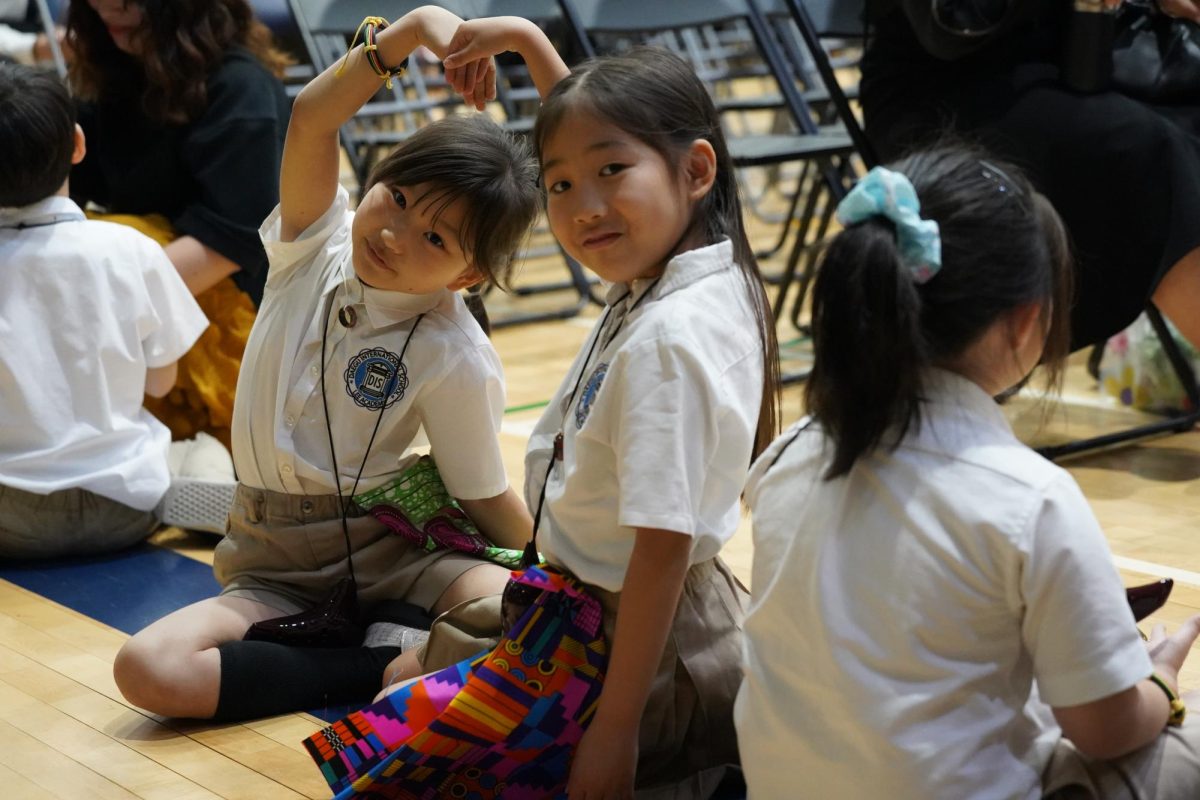


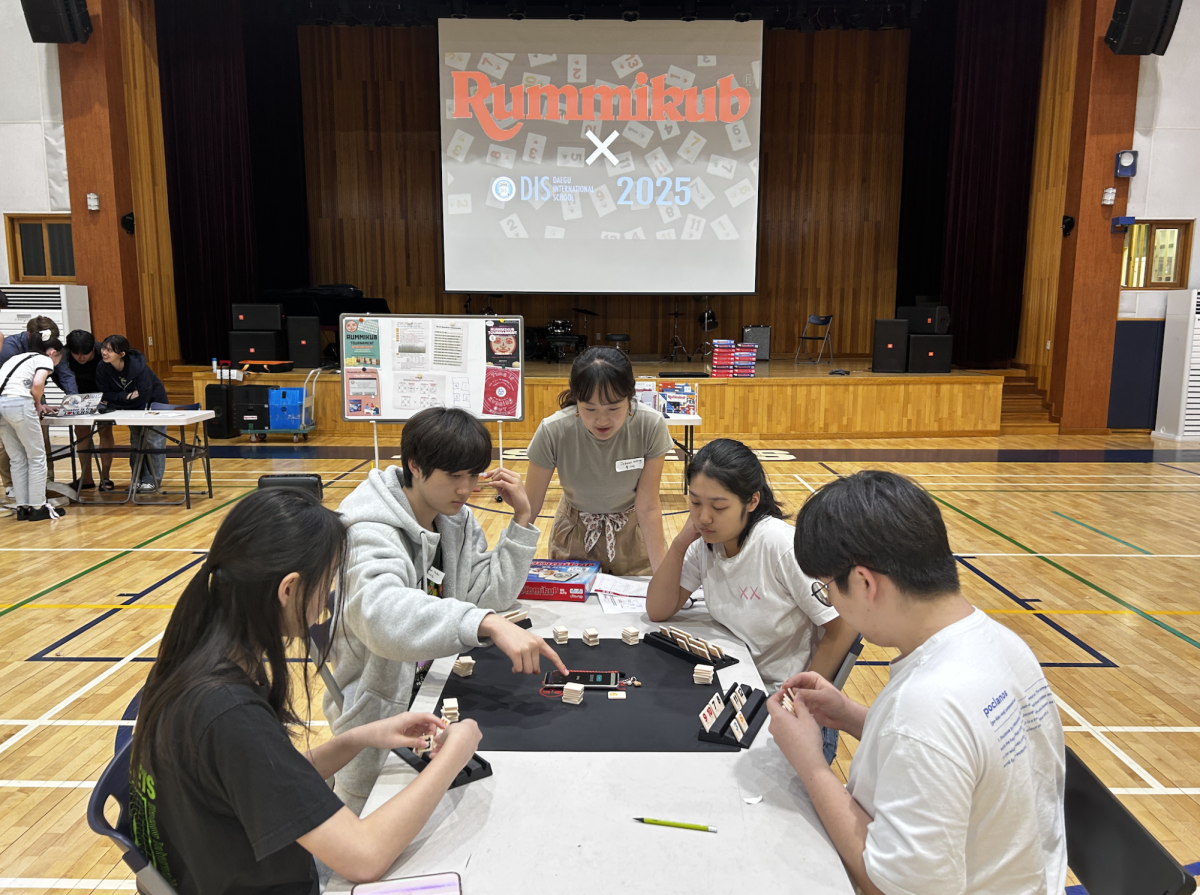
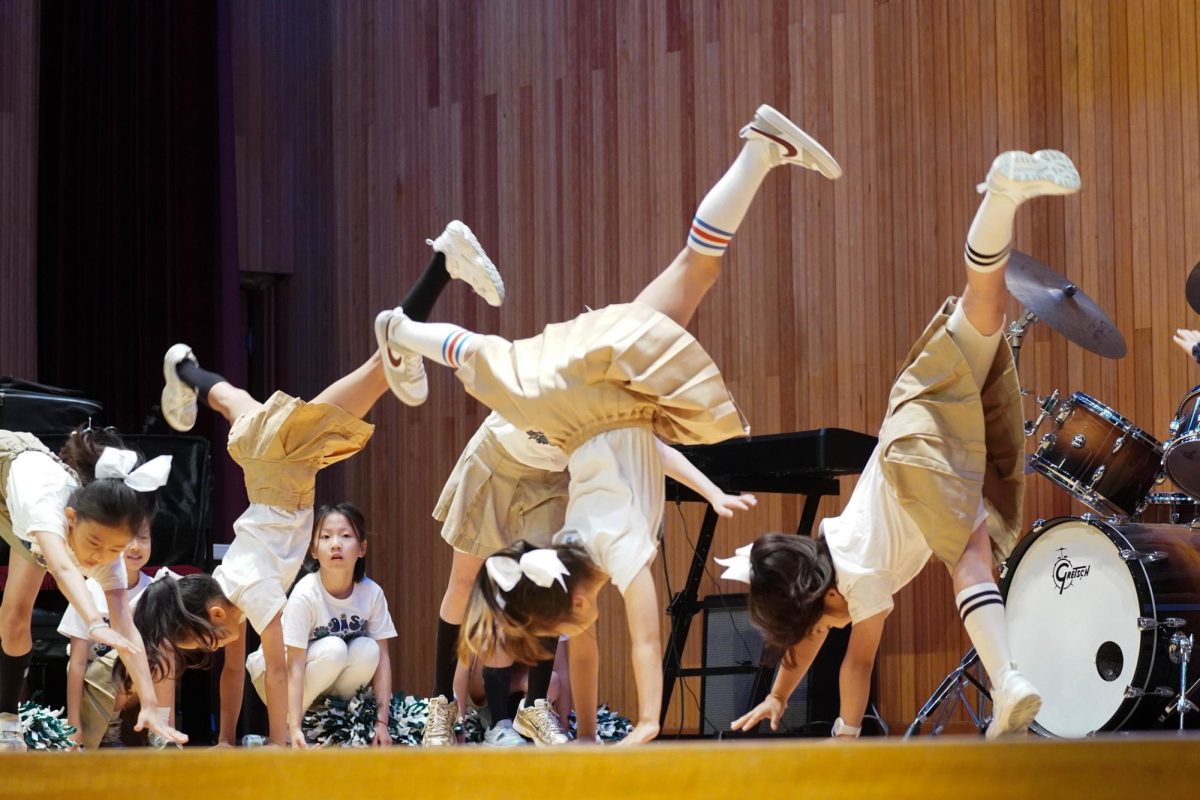




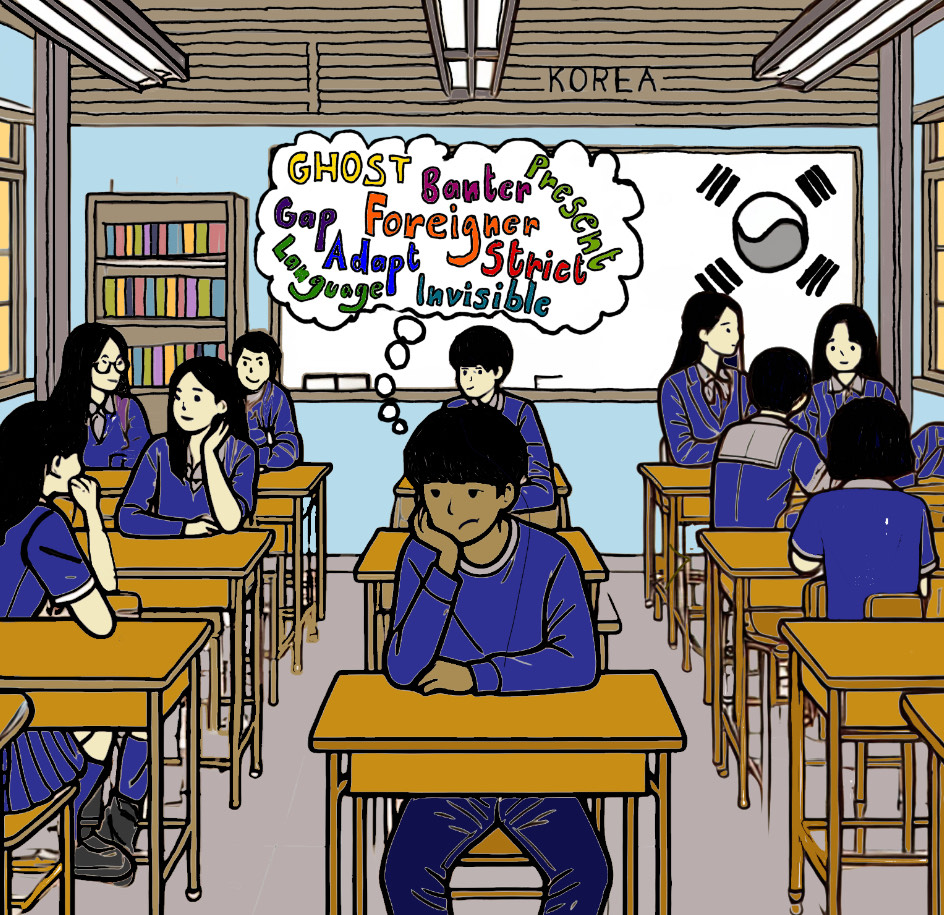


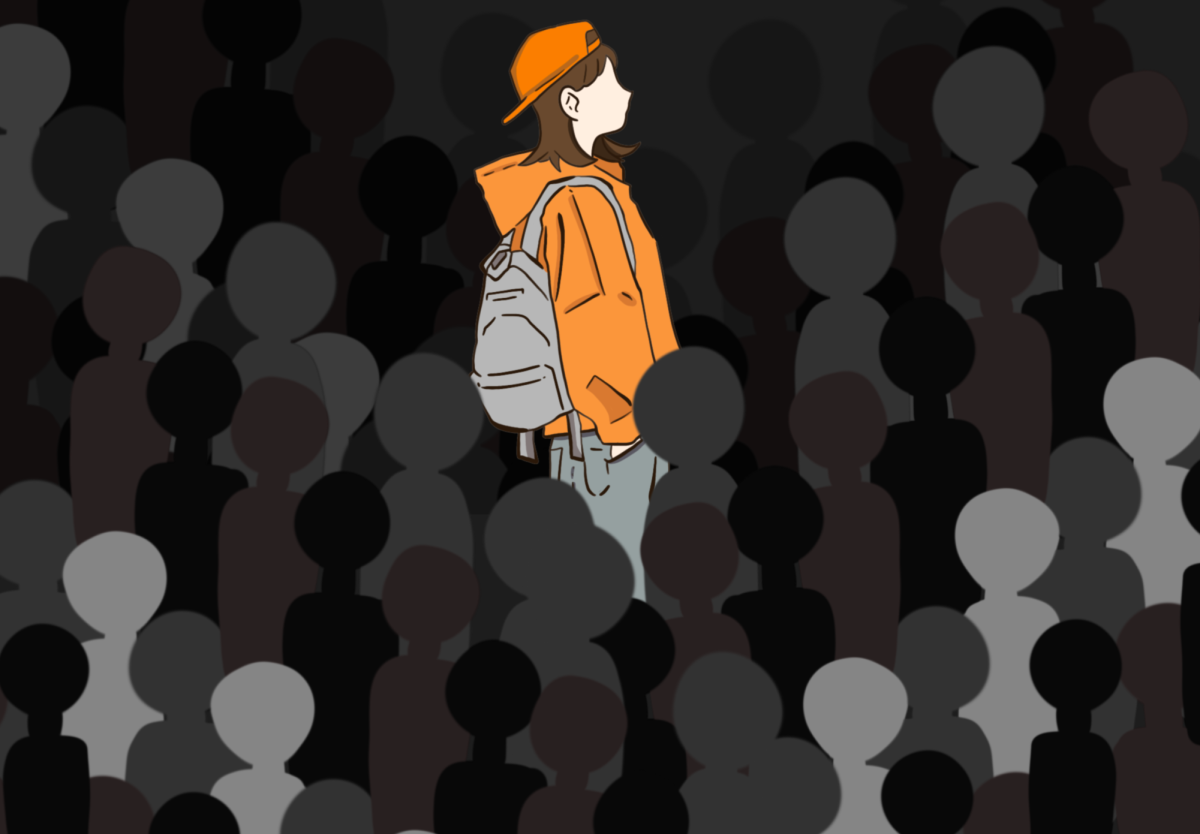




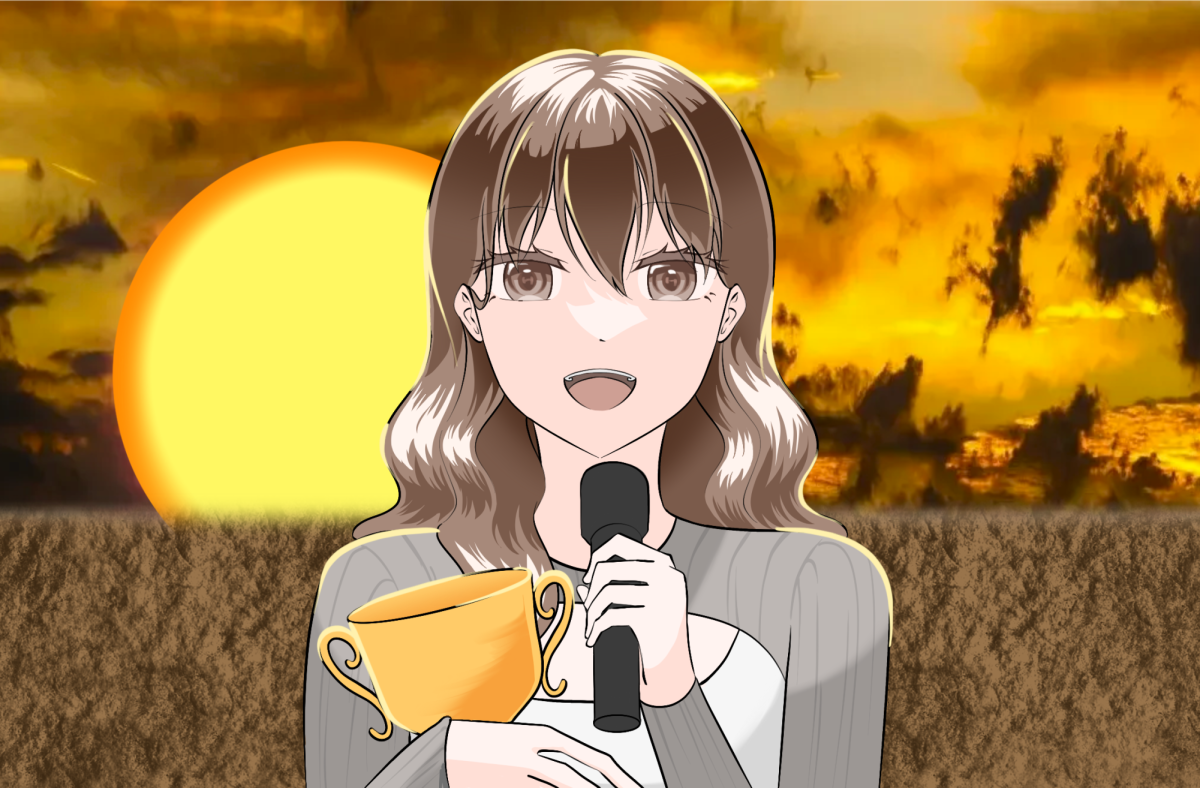


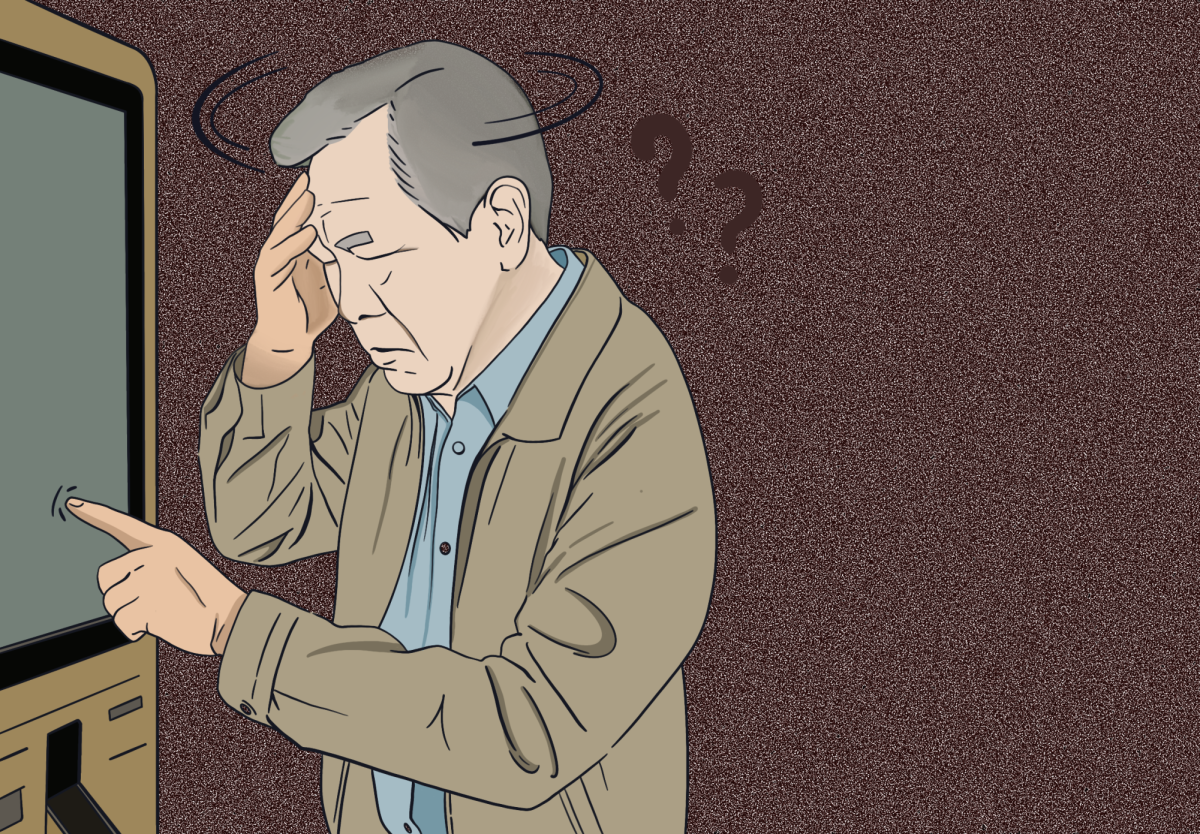

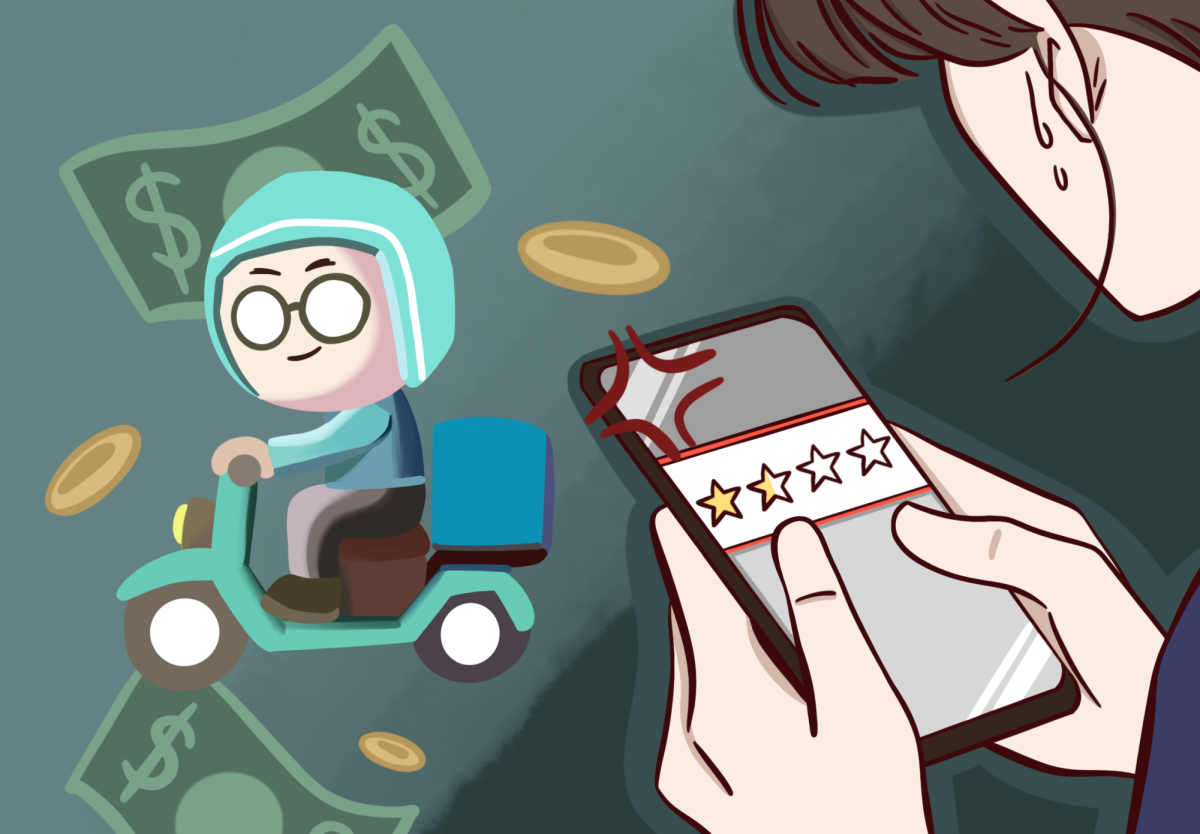
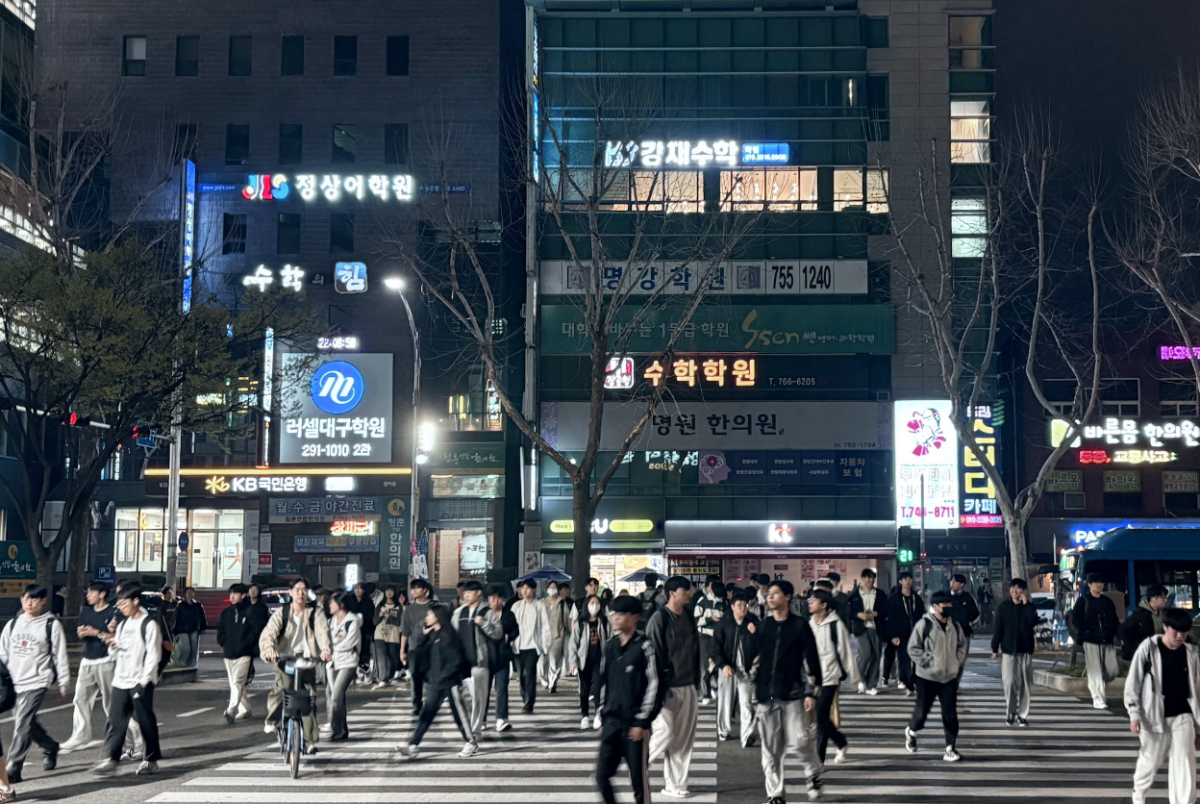



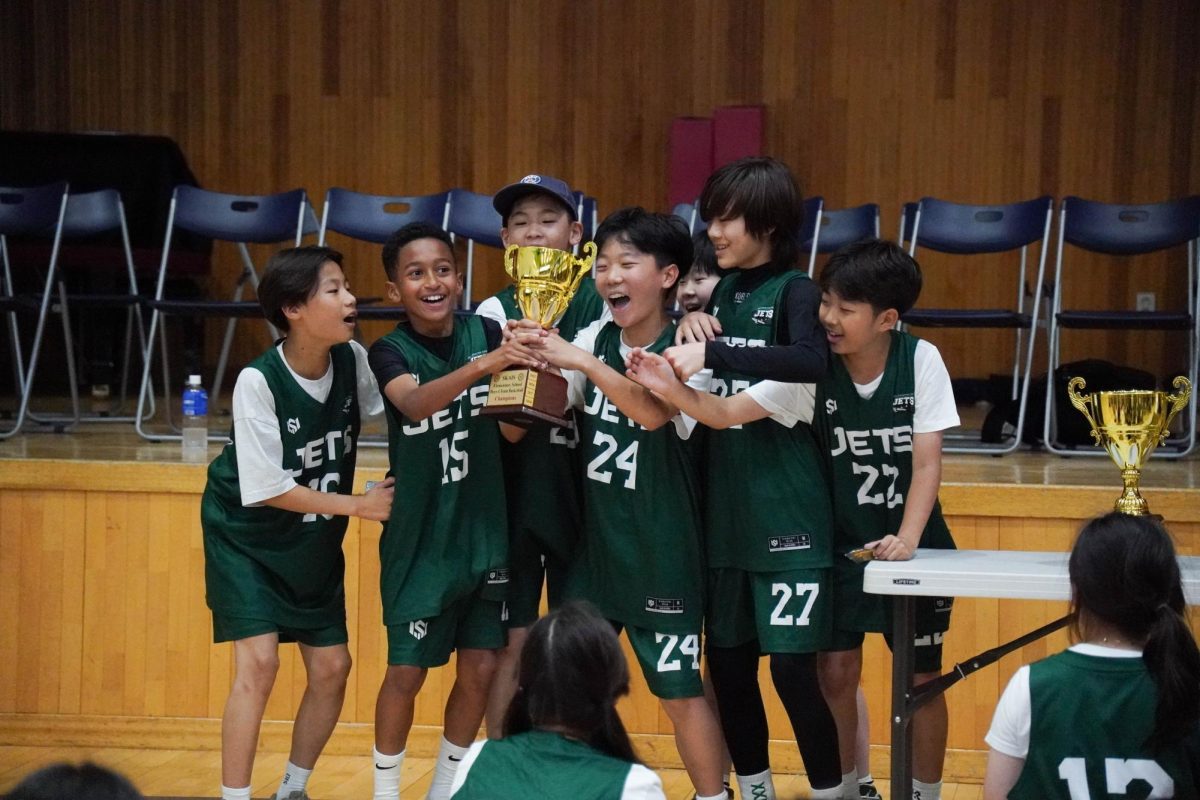







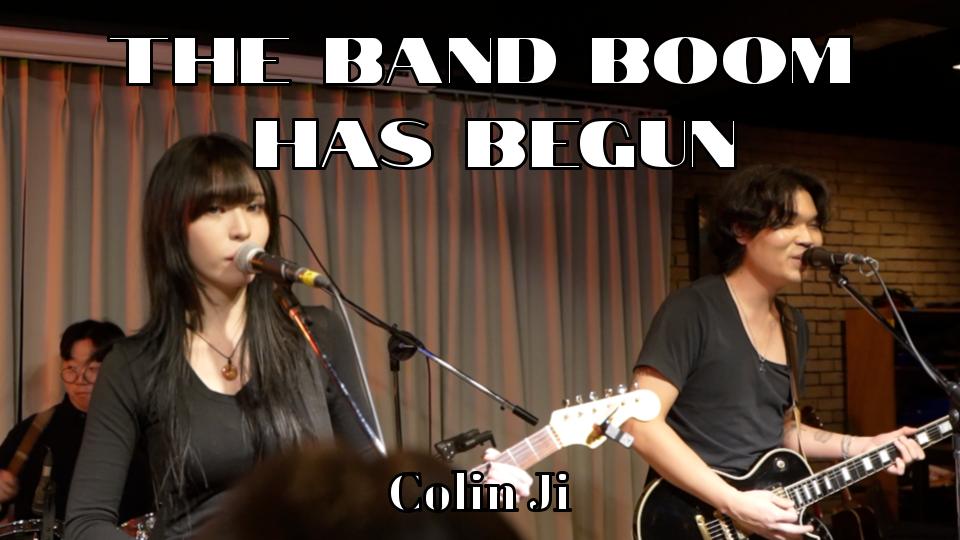

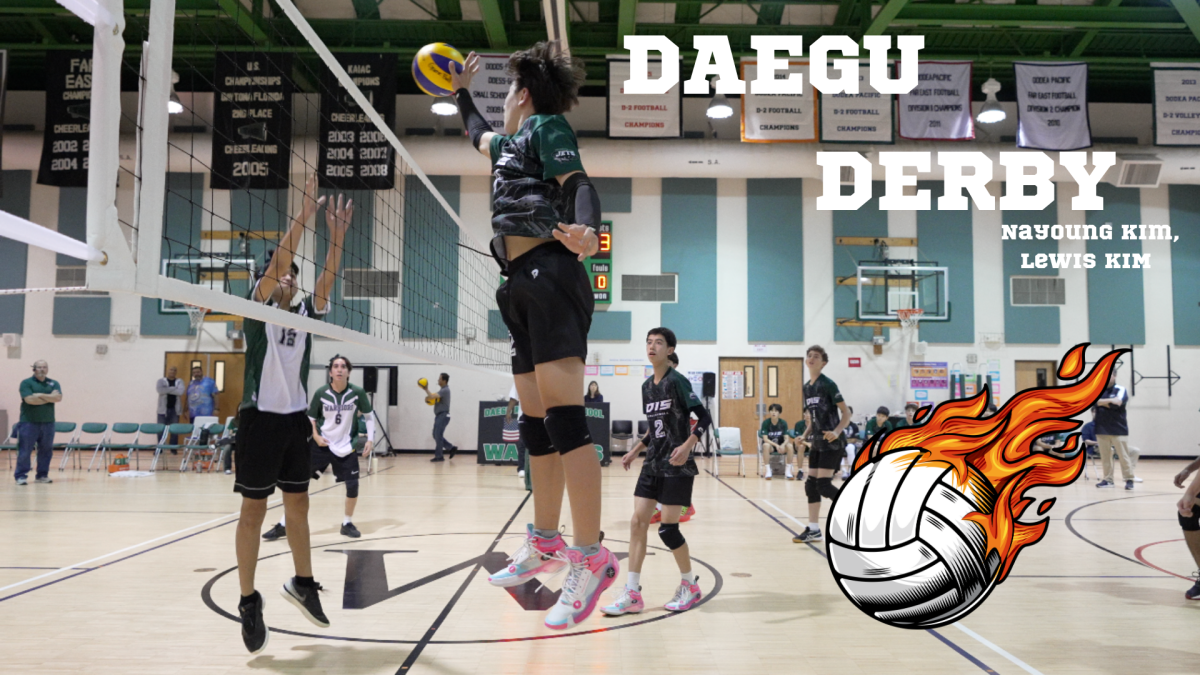
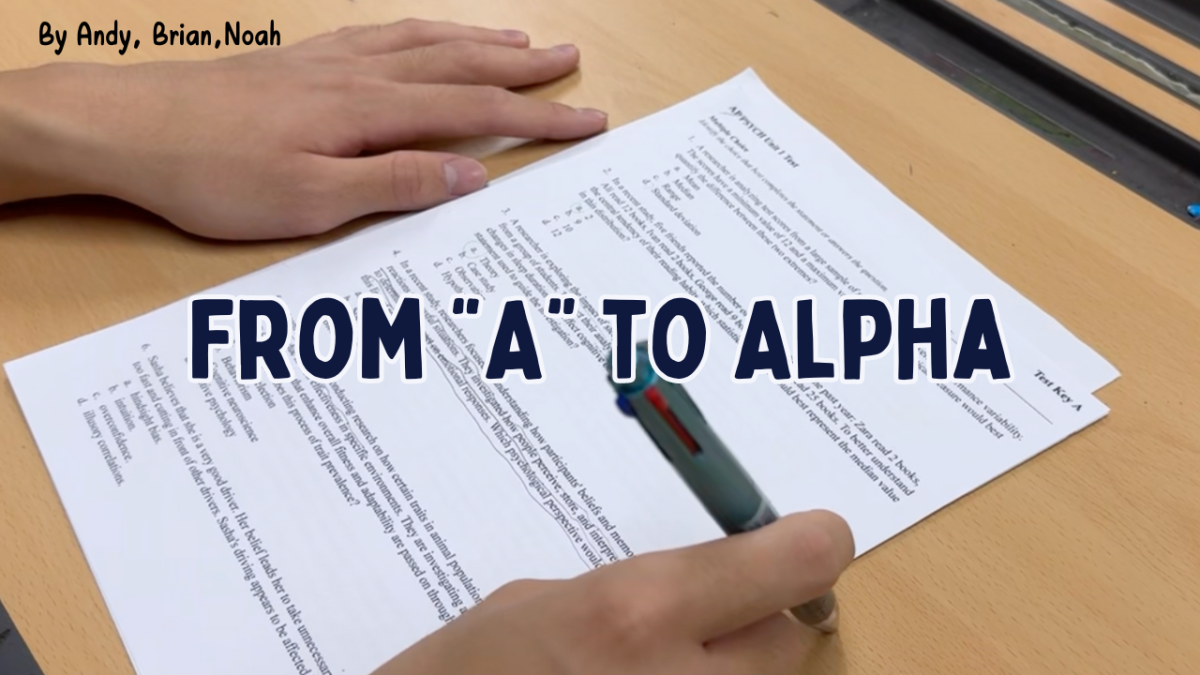
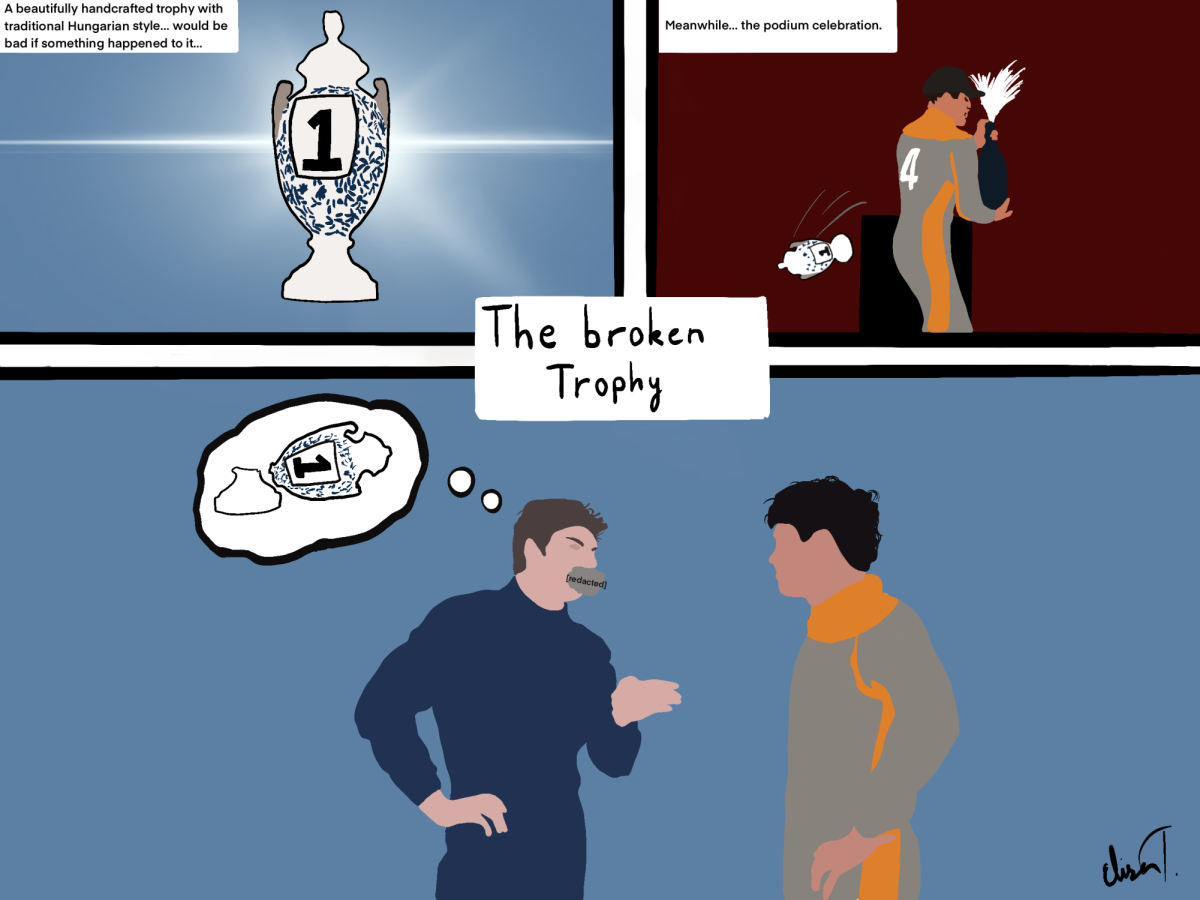
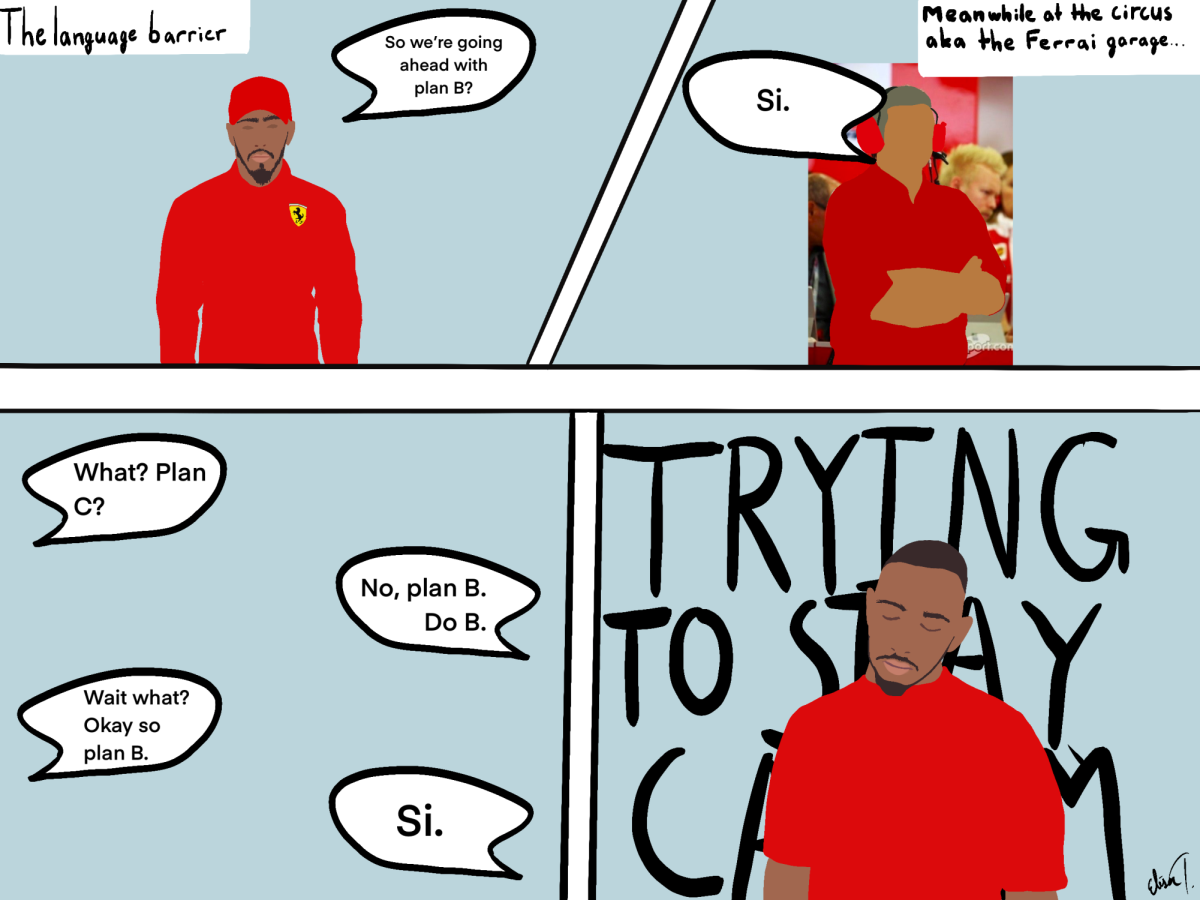
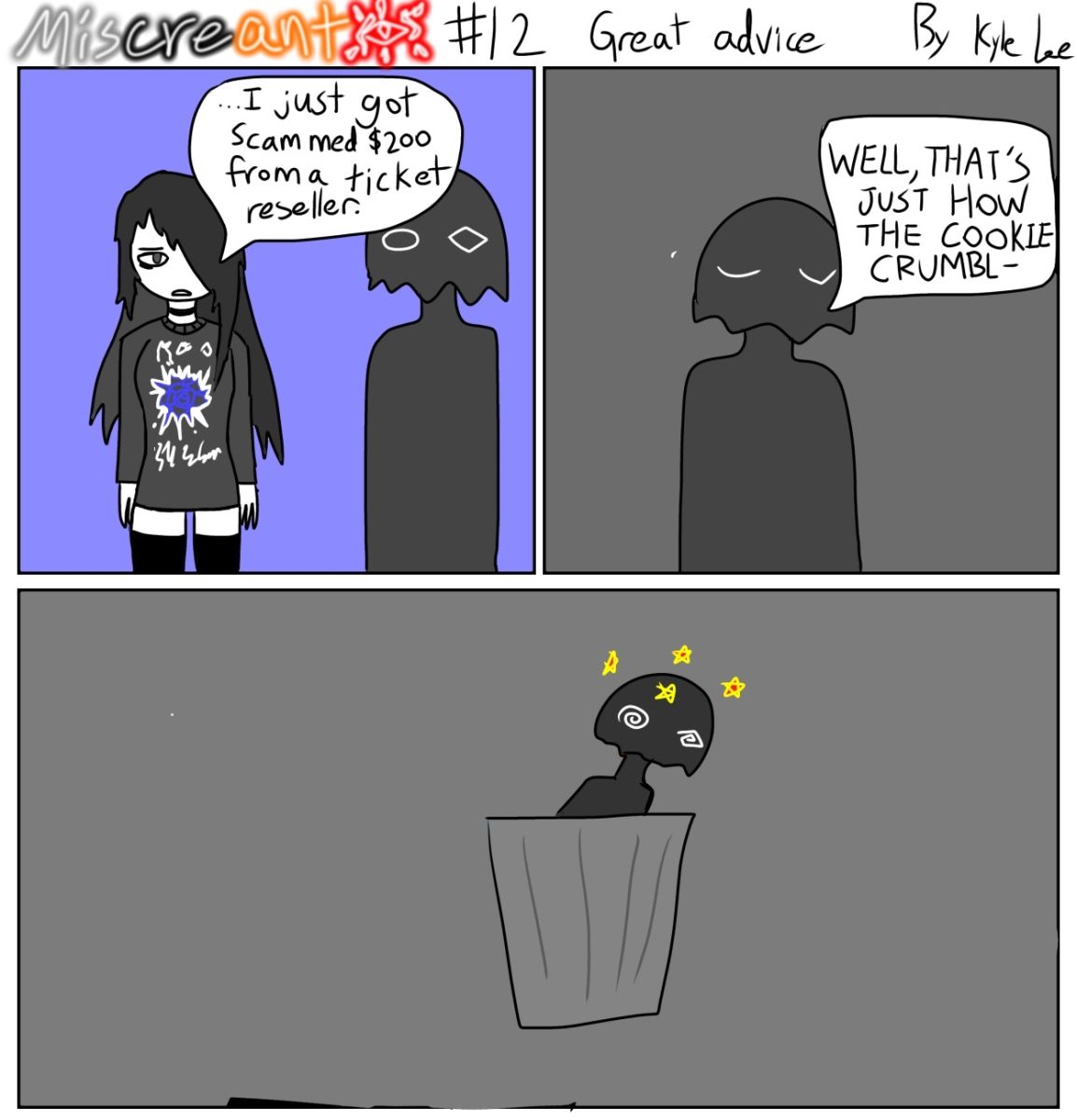
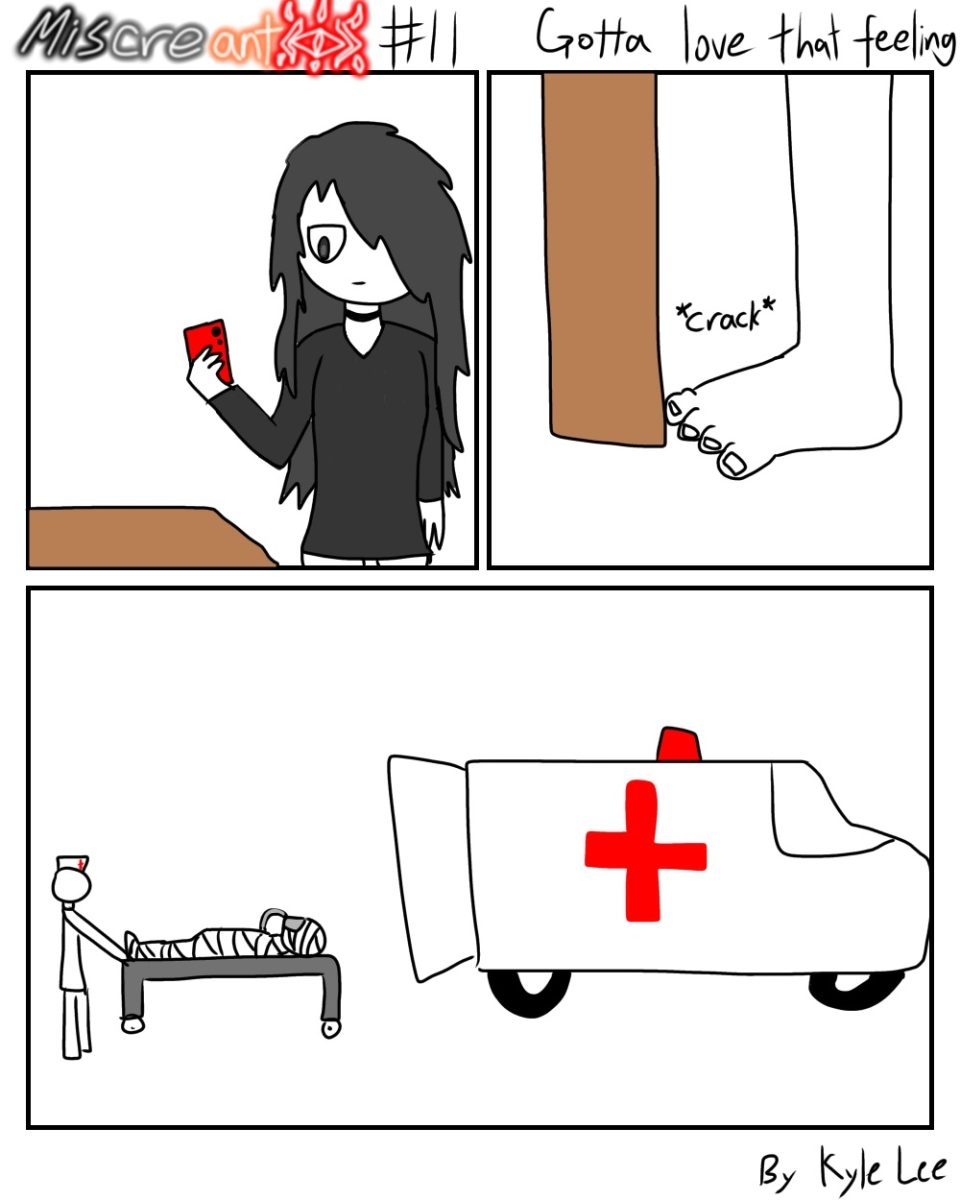

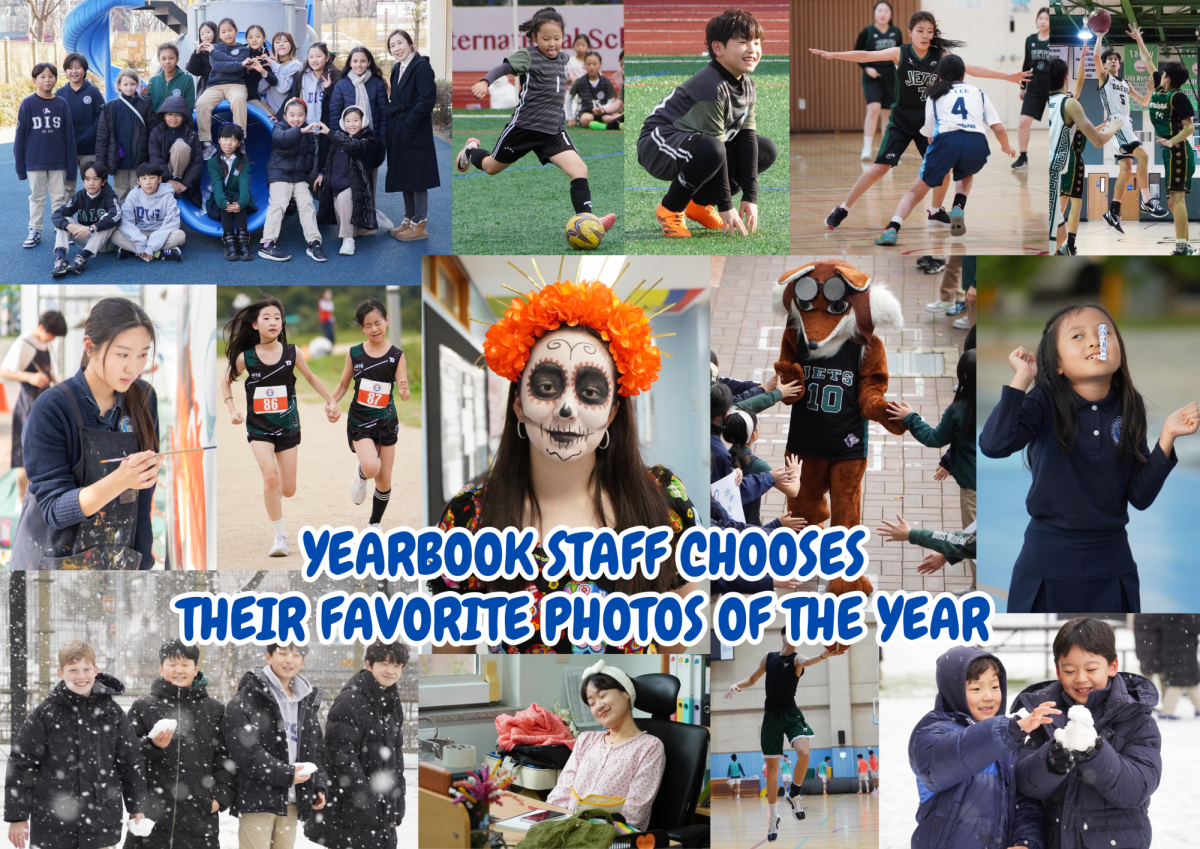
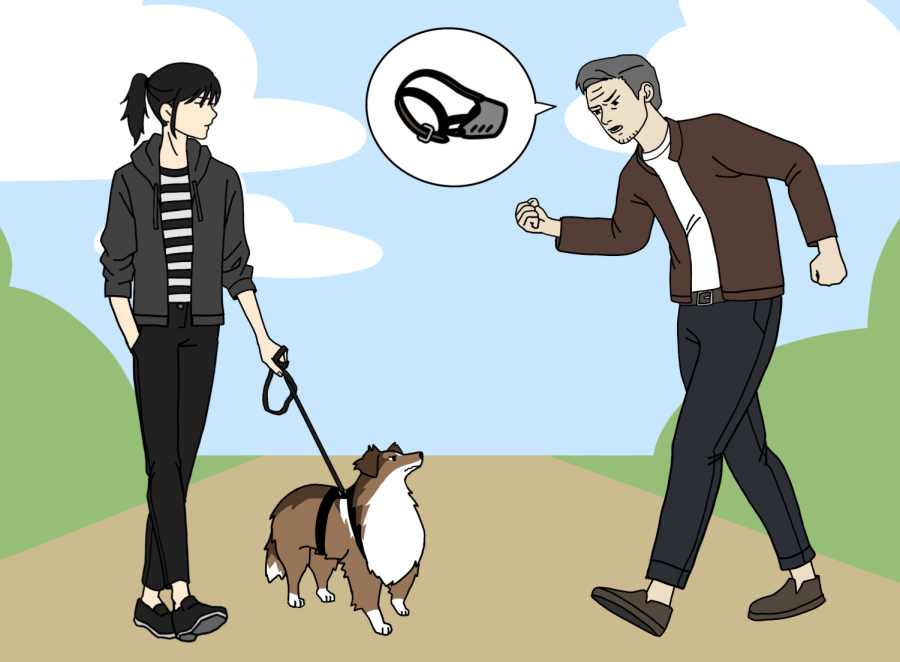




bella • Mar 9, 2023 at 6:26 pm
I think this article entertained me a lot. Because I do have a dog and I think it helped me and entertained me. So I thought this article was cool!